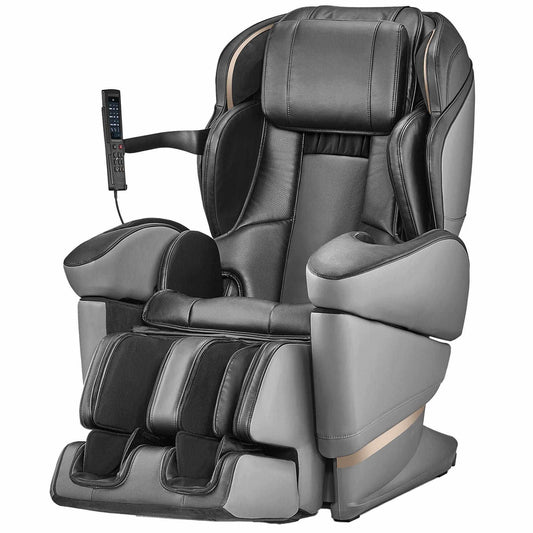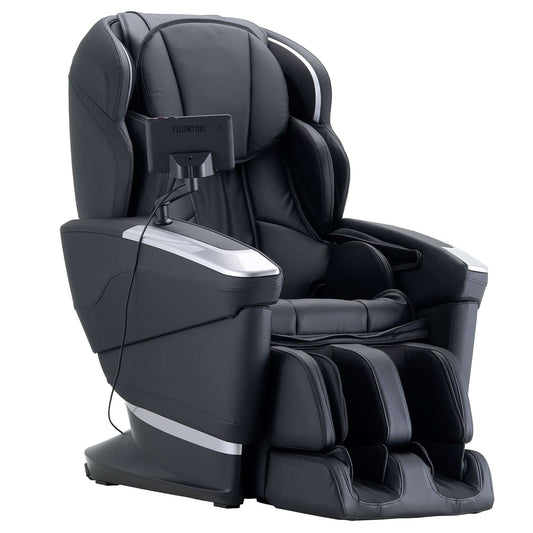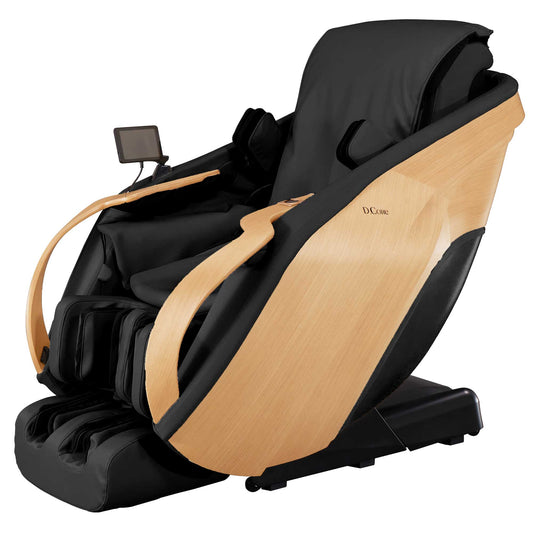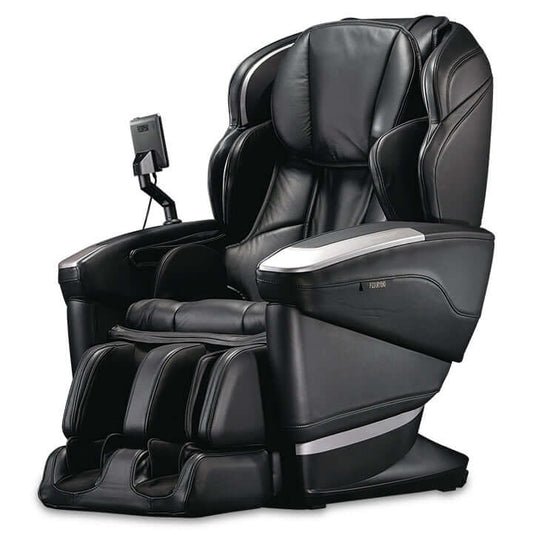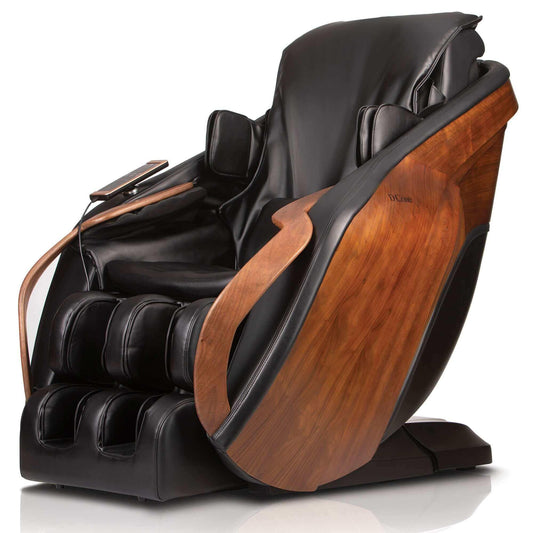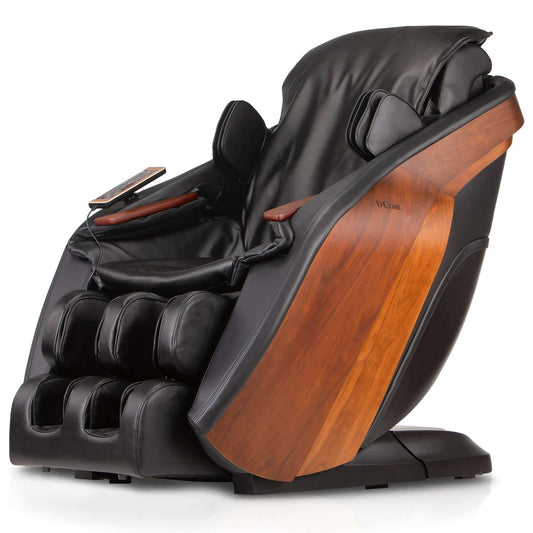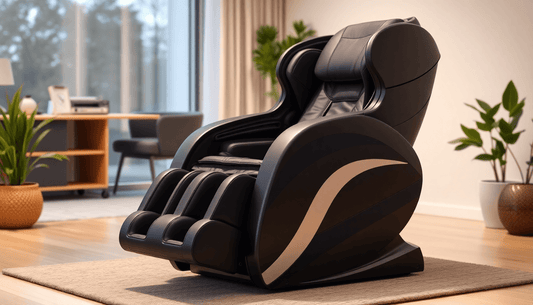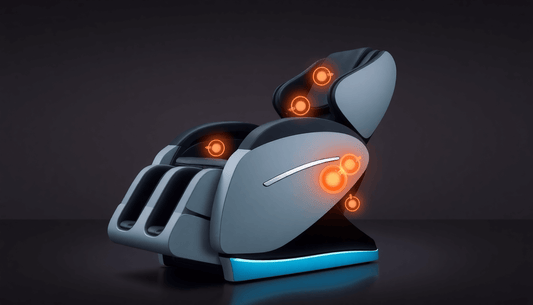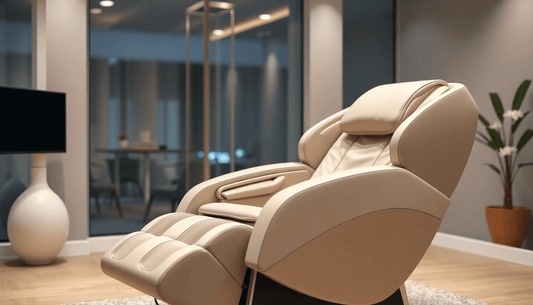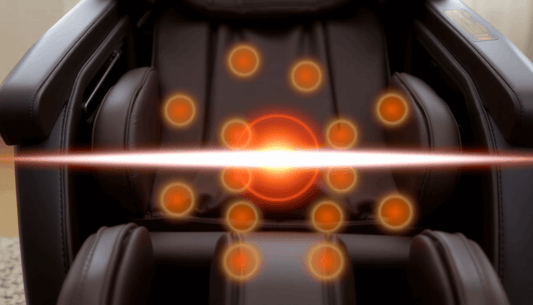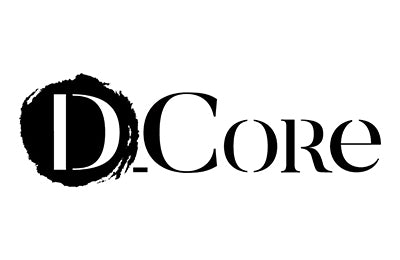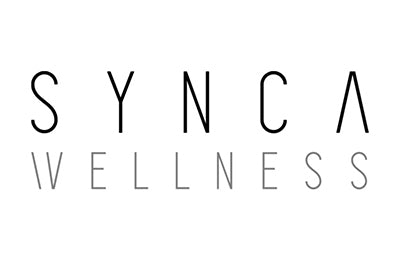
The Ultimate Guide to Muscle Relaxers: Benefits, Types, and Usage Tips
Understanding Muscle Relaxers
Muscle relaxers, also known as muscle relaxants, are medications commonly used to treat muscle spasms and pain. They work by targeting the central nervous system to provide relief from muscle tightness and discomfort.
Benefits of Muscle Relaxers
Muscle relaxers offer a range of benefits for individuals experiencing muscle spasms and pain. Some key benefits include:
- Relief from muscle spasms: Muscle relaxers help to relax muscle fibers, reducing involuntary muscle contractions that cause spasms.
- Reduction of muscle pain: By targeting the nervous system, muscle relaxers can alleviate muscle pain and discomfort.
- Improved range of motion: Muscle relaxants can help loosen tight muscles, improving flexibility and range of motion.
Types of Muscle Relaxers
There are two main types of muscle relaxers, each with its unique mechanism of action:
- Antispasmodic Muscle Relaxants: These medications work by targeting the nerves in the spinal cord that control muscle movements. By blocking nerve signals, they help reduce muscle spasms.
- Antispasticity Muscle Relaxants: These muscle relaxants act directly on the muscle fibers, reducing spasticity and muscle tightness. They are often used to manage conditions like cerebral palsy and multiple sclerosis.
Common Muscle Relaxants
Some commonly prescribed muscle relaxants include:
- Cyclobenzaprine (Flexeril): A centrally-acting muscle relaxant used for short-term relief of muscle spasms.
- Methocarbamol (Robaxin): This muscle relaxant works by depressing the central nervous system to provide relief from muscle pain.
- Baclofen (Lioresal): Often prescribed to manage spasticity in conditions like multiple sclerosis and spinal cord injuries.
Usage Tips for Muscle Relaxers
When using muscle relaxers, it's essential to follow these usage tips to ensure safe and effective treatment:
- Always take muscle relaxants as prescribed by your healthcare provider. Follow the recommended dosage and frequency.
- Avoid consuming alcohol while taking muscle relaxants, as it can potentiate the sedative effects of the medication.
- Be cautious when engaging in activities that require mental alertness, such as driving or operating machinery, as muscle relaxants can cause drowsiness.
- Inform your healthcare provider about any other medications or supplements you are taking to avoid potential drug interactions.
- Do not abruptly stop taking muscle relaxants without consulting your doctor, as sudden discontinuation can lead to withdrawal symptoms.
By understanding the benefits, types, and proper usage of muscle relaxers, individuals can effectively manage muscle spasms and pain. It's crucial to work closely with a healthcare provider to determine the most appropriate muscle relaxant and treatment plan for your specific needs.

